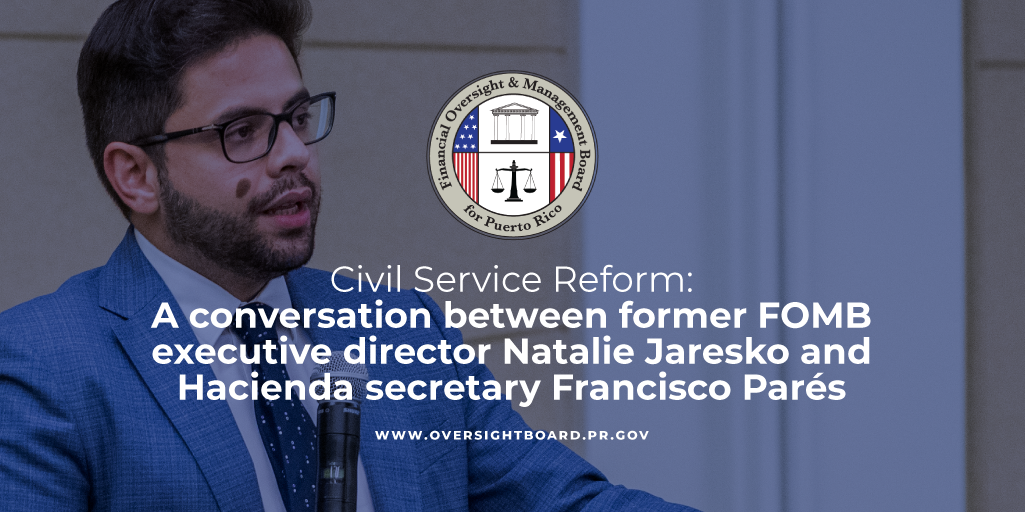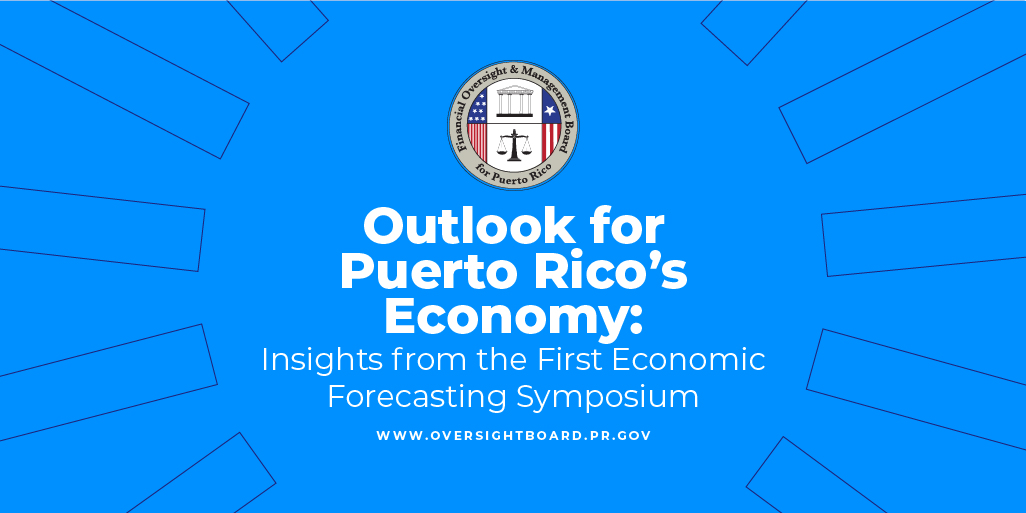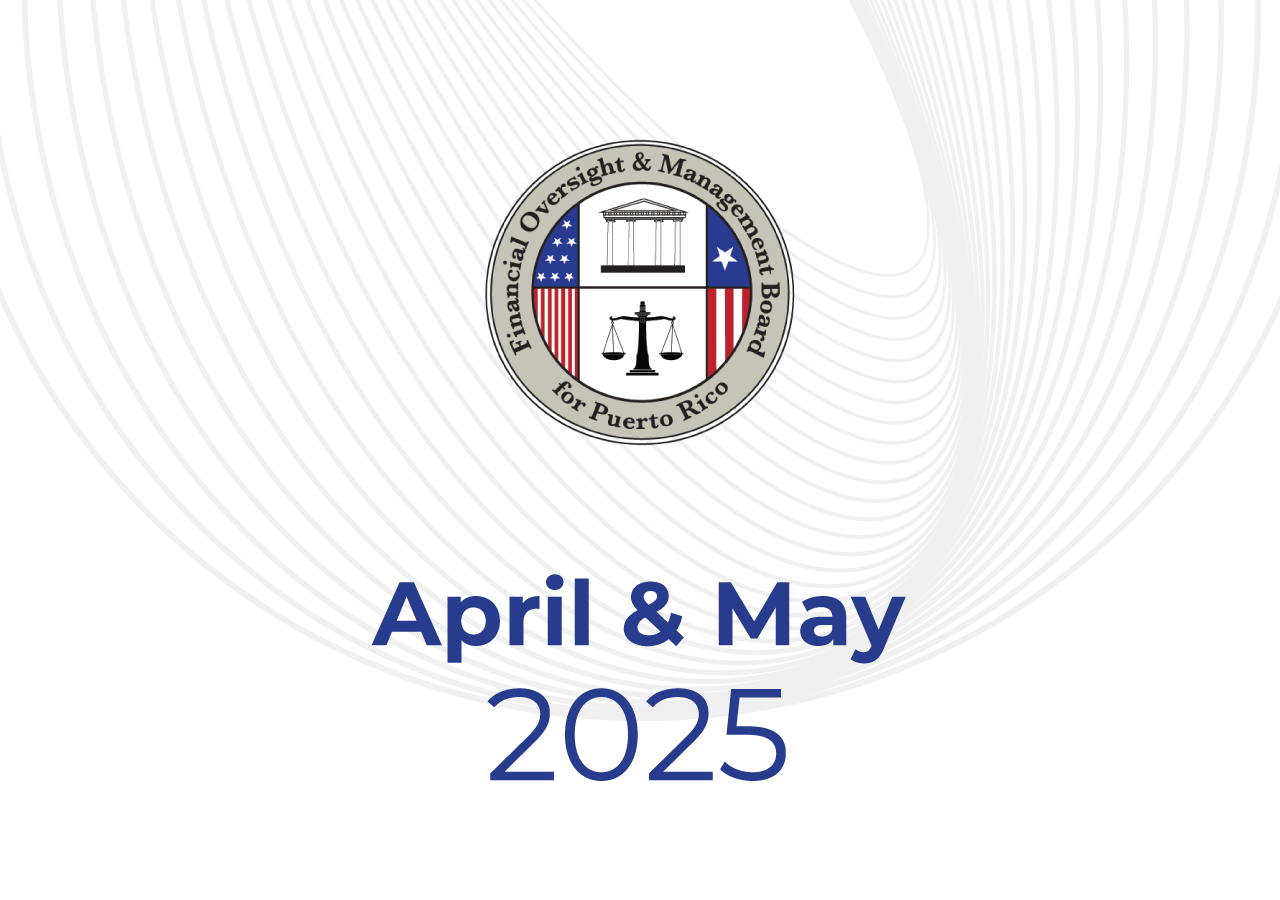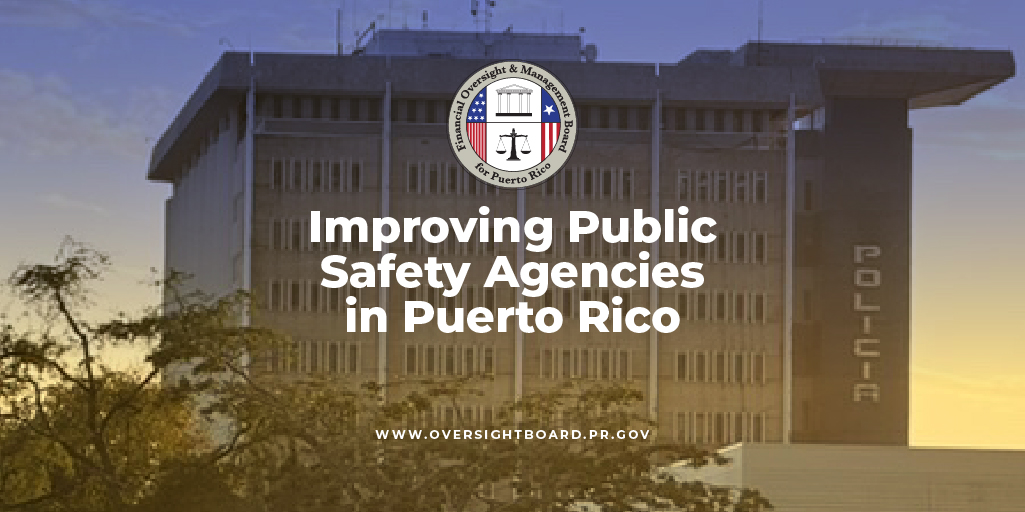A capable and motivated civil service is essential for the government’s ability to provide services to the residents of Puerto Rico. A high-performing government requires employees who are well-trained and educated, fairly compensated, and effectively managed.
The administration of Governor Pedro R. Pierluisi and the Oversight Board have made deliberate, strategic investments in a comprehensive #CivilServiceReform to improve governance and operational capacity across all agencies to strengthen and improve the way government works for the people. Civil Service Reform combines enhancement in compensation with employee evaluations, organizational design, and the recruitment of new government personnel.
Earlier this year, the Government of Puerto Rico launched the Civil Service Reform pilot program, positively impacting 156 employees at the financial, accounting and technology divisions of the Puerto Rico Treasury Department and the Office of Management & Budget.
Puerto Rico Treasury Secretary Francisco Parés-Alicea and former Oversight Board Executive Director Natalie Jaresko recently discussed the Civil Service Reform pilot, which marks the first time in 25 years that salary scales and classifications have been adjusted to reflect the capabilities and experience of Puerto Rico’s government employees, resulting in immediate pay increases for most of the workers under the program. A wider rollout of the reform program is scheduled for later this year and will eventually impact 65 public agencies.
“When we analyzed the duties and responsibilities of employees at Hacienda and their corresponding pay scale, we found that many had been underpaid for a long time,” Hacienda’s Parés said. “Particularly since the pandemic, the team at Hacienda has helped us earn a higher degree of trust from the people, and this effort has to be repaid in some way. I didn’t want to leave the agency without putting together a reform that actually allows its employees to enjoy a better quality of life.”
Jaresko said, “The critical thing for the Board was making sure that whatever happened would enhance the effectiveness of the government. Looking at other jurisdictions, pay increases alone don’t necessarily result in effective civil service, so we tried to pair pay increases, which is absolutely needed, with other things to make sure that civil service is effective.”
“Everyone wants to know how well they’re doing in their job,” Jaresko continued, touching on the employee evaluation component of the program. “They want feedback, coaching, and direction. Every employee deserves the ability to develop in their job above and beyond the amount of money they are paid.”
Another important aspect of the Civil Service Reform improving recruitment practices. “We watched through different administrations how recruitment had turned to patronage in some way, and how qualified people were not finding it possible to be recruited. They couldn’t get their foot in the door because there wasn’t a transparent recruitment system,” Jaresko said. “The third piece was ensuring that everyone is in the right place, if the organization is maximizing its ability to use the talent and skills of every individual, matching skillsets with jobs and needs within the agency.”
With these goals in mind, the pilot program promises to yield significant operational improvements within Hacienda, Parés said. “We’ll be able to measure in a more effective and timelier, and measurement is everything from a financial standpoint. The most important policy decisions are based in how best to use our public funds and being able to have more resources to actually improve the measuring aspect is going to be positive for everyone, including the citizens of Puerto Rico and the government itself.”





